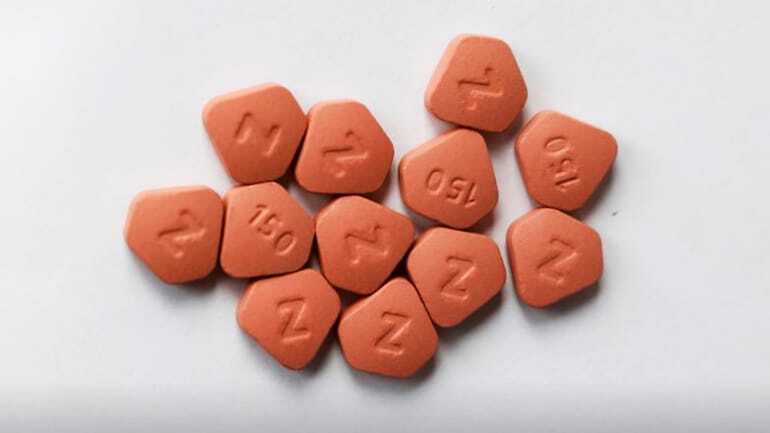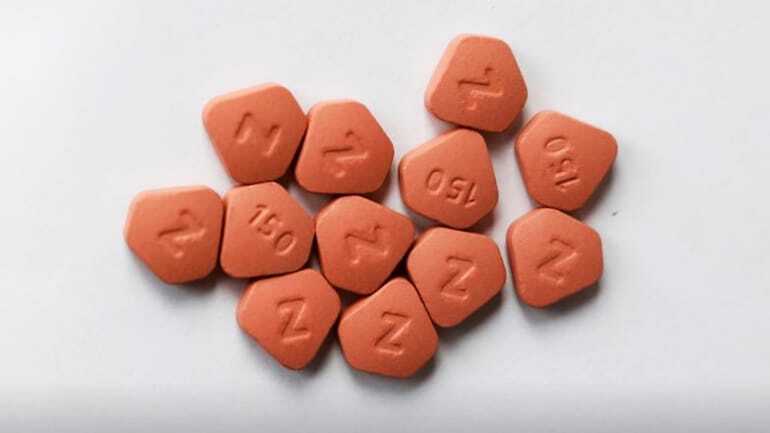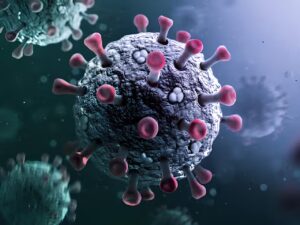What is Ranitidine and why has India removed Rantac, Zinetac from Essential Medicines List?

The salt, which is widely used in medicine like Rantac and Zintac, has been under the scanner for cancer-causing concerns.The Health Ministry on Tuesday released the new National List of Essential Medicines (NLEM), which contains 384 drugs. A total of 26 medicines have been removed from the list, including Ranitidine.While India is the latest to take these medicines off the shelf, the US-based Food and Drugs Administration (FDA) has been investigating Zinetac heartburn medicine after finding a probable cancer-causing impurity in the drug since 2019.
WHAT IS RANITIDINE?
Ranitidine is a salt, which is widely sold across India under the brand names Aciloc, Zinetac, and Rantac, among others, and is commonly prescribed for acidity and stomachache-related issues.
It is prescribed to treat gastroesophageal reflux disease (GERD), gastric ulcers, and duodenal ulcers and prevent stress ulcers. The salt, according to the National Library of Medicine (NIH) under the National Centre for Biotechnology Information, inhibits both gastric acid secretion and basal gastric secretion, induced by secretagogues such as histamine and pentagastrin.
WHAT IS THE CONTROVERSY AROUND RANITIDINE?
Ranitidine has been at the center of investigation ever since low levels of carcinogen impurity were detected in the salt. The salt was developed by Glaxo Holdings Ltd, now part of GlaxoSmithKline PLC, and got its first American approval way back in 1983, alongside 31 countries.
The over-the-counter (OTC) and the prescription drug was found to have low-level N-Nitrosodimethylamine (NDMA), which according to the NIH, is marked as human carcinogens, associated with cancers of the stomach, esophagus, nasopharynx, and bladder. Studies have revealed that a combination of heat and time might be the reason behind the contamination of the salt.
The drug was banned in the US on risk versus benefit ratio and the FDA in a statement in 2020 said, “Low levels of NDMA are commonly ingested in the diet, for example, NDMA is present in foods and in water. These low levels would not be expected to lead to an increase in the risk of cancer. However, sustained higher levels of exposure may increase the risk of cancer in humans.”
While the Health Ministry took the decision this year, the US had in 2020 sanctioned at least one manufacturing plant in India that makes ingredients used in medications.
SHOULD YOU BE WORRIED IF YOU CONSUMED RANITIDINE?
While cancer-causing concerns from the medicine are global, the US FDA had in its assessment marked that it does not expect nitrosamines to cause harm when ingested at low levels.
“Nitrosamine impurities may increase the risk of cancer if people are exposed to them at above acceptable levels and over long periods of time, but a person taking a drug that contains nitrosamines at, or below, the acceptable daily intake limits every day for 70 years is not expected to have an increased risk of cancer,” the advisory reads.











More Stories
फराह खान का कुक बना शाहरुख खान का पार्टनर
Covid-19 Latest News: फिर पैर पसारने लगा कोरोना, अब महाराष्ट्र में आए 33 नए केस, इस बार कितना है खतरा?
Karnataka Criticized for Selecting Tamannaah Bhatia as Brand Ambassador for Mysore Sandal Soap